Scientific research activities of the NSC are carried out in accordance with the strategic development plan for 2019-2022, aimed at improving the quality of scientific research in the field of health.
INFRASTRUCTURE OF THE SCIENTIFIC DEPARTMENT.
The NSC is accredited as a subject of scientific and scientific and technical activities, which gives the right to take part in the competition for scientific and technical activities at the expense of the state budget.
Certificate series MK-005912 dated 18.10.2019.

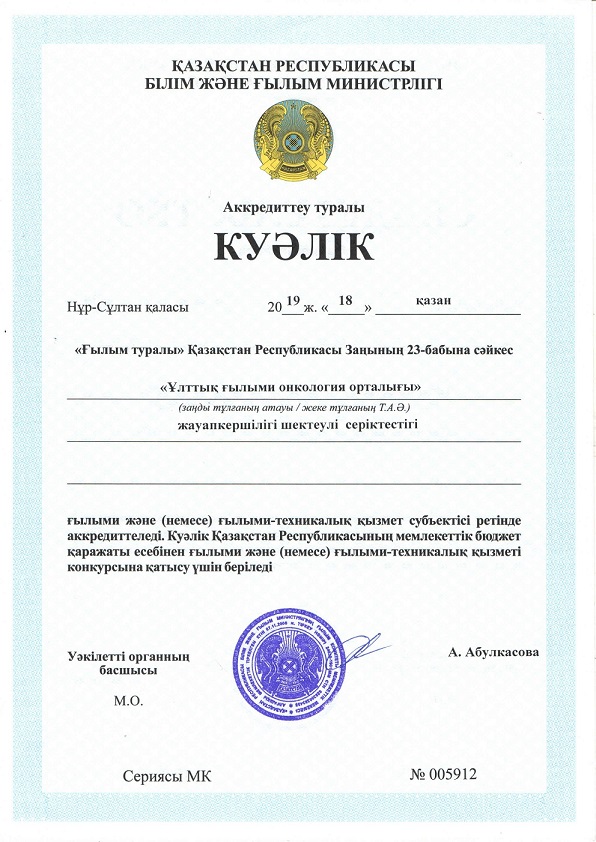
Relevance
One of the strategic directions of ensuring sustainable socio-economic development of the Republic of Kazakhstan is the preservation of health and labor capacity of the nation. In 2019, the economic losses due to premature death of the able-bodied population of Kazakhstan amounted to 5,483.6 billion tenge, with cancer occupying the third place among the causes of premature mortality, amounting to 572.8 billion tenge. Tracheal, bronchial and lung cancer leads among them with 2,120 cases, while stomach cancer and breast cancer are in second and third place, respectively, with 1,560 and 1,060 cases out of 3,1505 initially detected. In 2022, 13,501 people died in Kazakhstan, which is 68.76 per 100,000 population.
Gastric cancer is one of the most common oncologic pathologies, and peritoneal dissemination is one of the most unfavorable variants of progression and recurrence of this cancer. The standard of treatment for locally advanced gastric cancer is currently complex therapy, including systemic chemotherapy and surgery. However, this technique does not solve the problem of peritoneal carcinomatosis development. Therefore, it is planned to develop a domestic science-based technique and nozzle for an effective mode of intra-abdominal aerosol chemotherapy of complex treatment of gastric cancer.
Effective treatment of pleural tumors, such as malignant pleural mesothelioma and locally advanced lung cancer, is a challenging task. To date, there is no established standard treatment regimen for these diseases worldwide. Multimodal approaches such as hyperthermic intrapleural chemotherapy (HITOC) have been shown to prolong the overall survival of patients. Therefore, it is planned to introduce innovative technologies such as HITOC and develop a clinical protocol for application in domestic medicine based on our medical center.
Breast cancer is also a serious medical problem, and breast removal is considered the primary treatment. However, a traumatic operation can lead to the development of lymphostasis of the upper limb. Therefore, there is a need to develop and implement methods of breast reconstruction using domestic biomaterials and methods aimed at preventing lymphostasis.
The program also involves clinical testing of a highly effective immunomodulator of a new generation based on a combination of monosaccharides for use as a dietary supplement in the treatment, prevention and palliative therapy of oncological diseases of various localization. The drug is based on a mixture of three isomers of monosaccharides (manose, glucose, and fructose) in a strictly defined quantitative ratio in combination with sodium citrate. The composition of the combination of monosaccharides based on a mixture of hexose isomers and the method of synthesis, as well as the mode of its activation by electromagnetic radiation is the subject of KNOW HOW.
Immunomodulatory properties of a combination of monosaccharides (CM) were proved in experiments on mice with inoculated aggressive breast cancer tumor. It is established that the preparation of CM has antitumor activity leading to suppression of tumor growth, development of metastases and increase in life expectancy of animals with solid tumors. It has been shown that the use of CM in experiments on mice with grafted aggressive tumor promotes an increase in the functional activity of immunocompetent cells such as macrophages, T-cells and natural killer cells (NKC).
The pronounced immunomodulatory properties of CM-1 were confirmed when CM-1 was used as a dietary supplement as an additional therapy in combination with traditional cytostatics on doomed patients with advanced forms of cancer (lung cancer, pancreatic cancer, melonoma, etc.). On several dozens of patients were obtained positive effects characteristic of effective immunotherapy based on the use of expensive immunomodulator, expressed in reduced toxicity, improved quality and duration of life.
It is expected that this development will have a significant impact on the level of treatment of oncologic diseases in the country, as well as contribute to the strengthening of the national economy through the development of domestic production of medical drugs.
Aim: Creation and implementation of innovative methods of oncologic diseases treatment.
Program Objectives:
Expected Program Outcomes.
Direct Results:
The program will result in the following outcomes:
Result: The results of the program will be implemented in the clinical practice of oncology service and surgical departments. The results obtained by us will be used by a wide range of specialists, namely physicians oncologists, radiologists, surgeons, molecular biologists, geneticists and others.
The results of the program will result in the publication of:
1) Up to 11 articles and (or) reviews in peer-reviewed scientific publications in the scientific direction of the program, included in the 1st, 2nd quartile on impact factor in the Web of Science database and (or) having a percentile on CiteScore in the Scopus database not less than 50.
2) Up to 12 (twelve) articles in journals recommended by the Science and Higher Education Quality Assurance Committee of the Ministry of Science and Higher Education of the Republic of Kazakhstan.
3) Up to 1 (one) monograph or training manual in foreign and (or) Kazakhstani publishing houses recommended by the Scientific Council and (or) Scientific and Technical Council of the applicant's organization;
4) at least 4 patents in foreign patent offices (European, American, Japanese) or up to 4 foreign or international patents included in the Derwent Innovations Index database (Web of Science, Clarivate Analytics) or at least 7 intellectual property objects (patent; for applications in the field of information technologies - copyright certificate) registered in the National Institute of Intellectual Property of the Republic of Kazakhstan.
Program Manager Adylkhanov T.A.
Contacts:
Tel: +7 (7172) -70-29-59
E-mail: This email address is being protected from spambots. You need JavaScript enabled to view it.
The Council is an advisory and advisory body of the NSC on the development of research activities in the field of medical sciences. In its activities, the Council is guided by the Law of the Republic of Kazakhstan dated February 18, 2011 "On Science", sectoral programs, regulatory legal acts of the Republic of Kazakhstan in the field of science, as well as the Charter of the NSC and these Regulations.
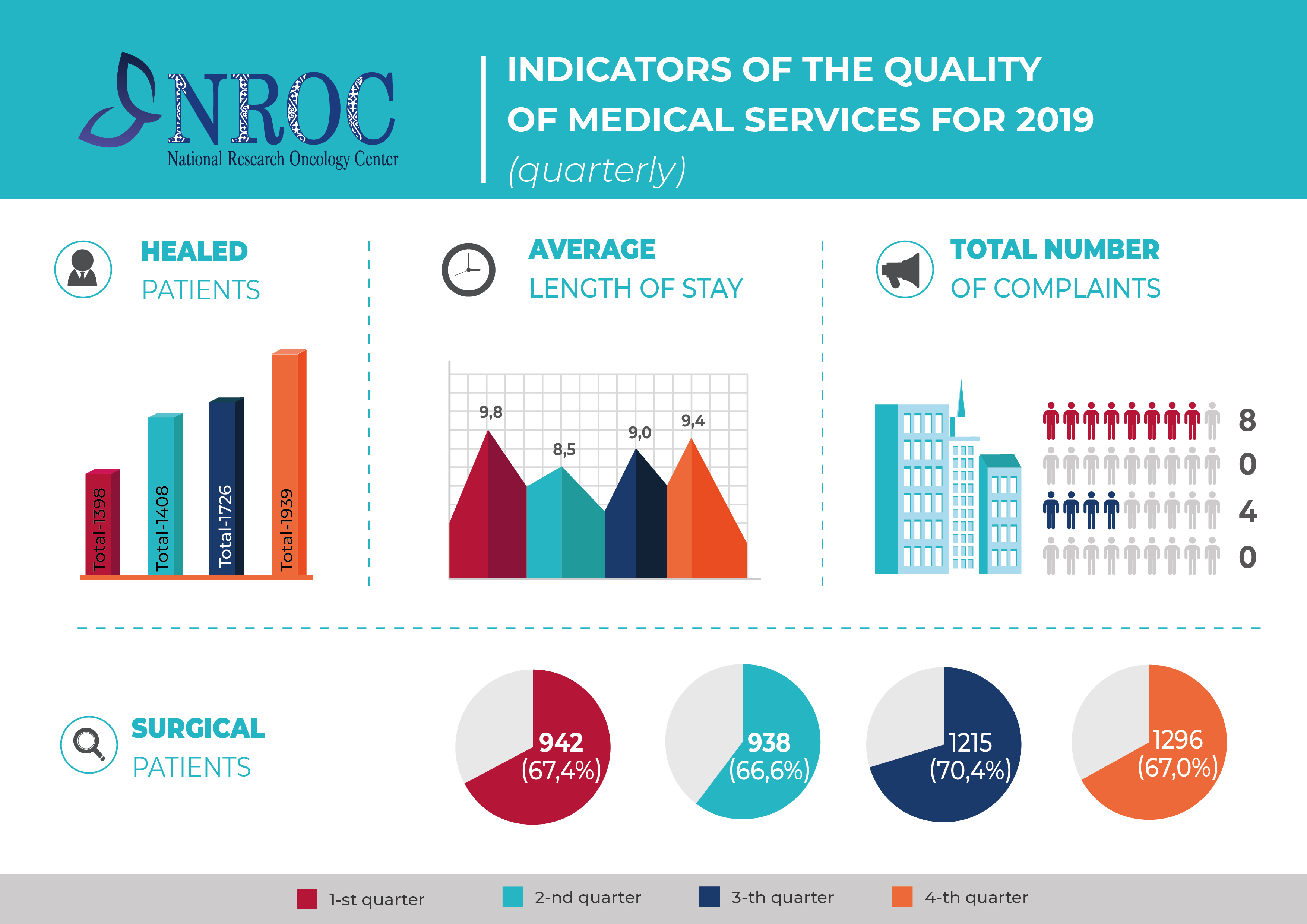
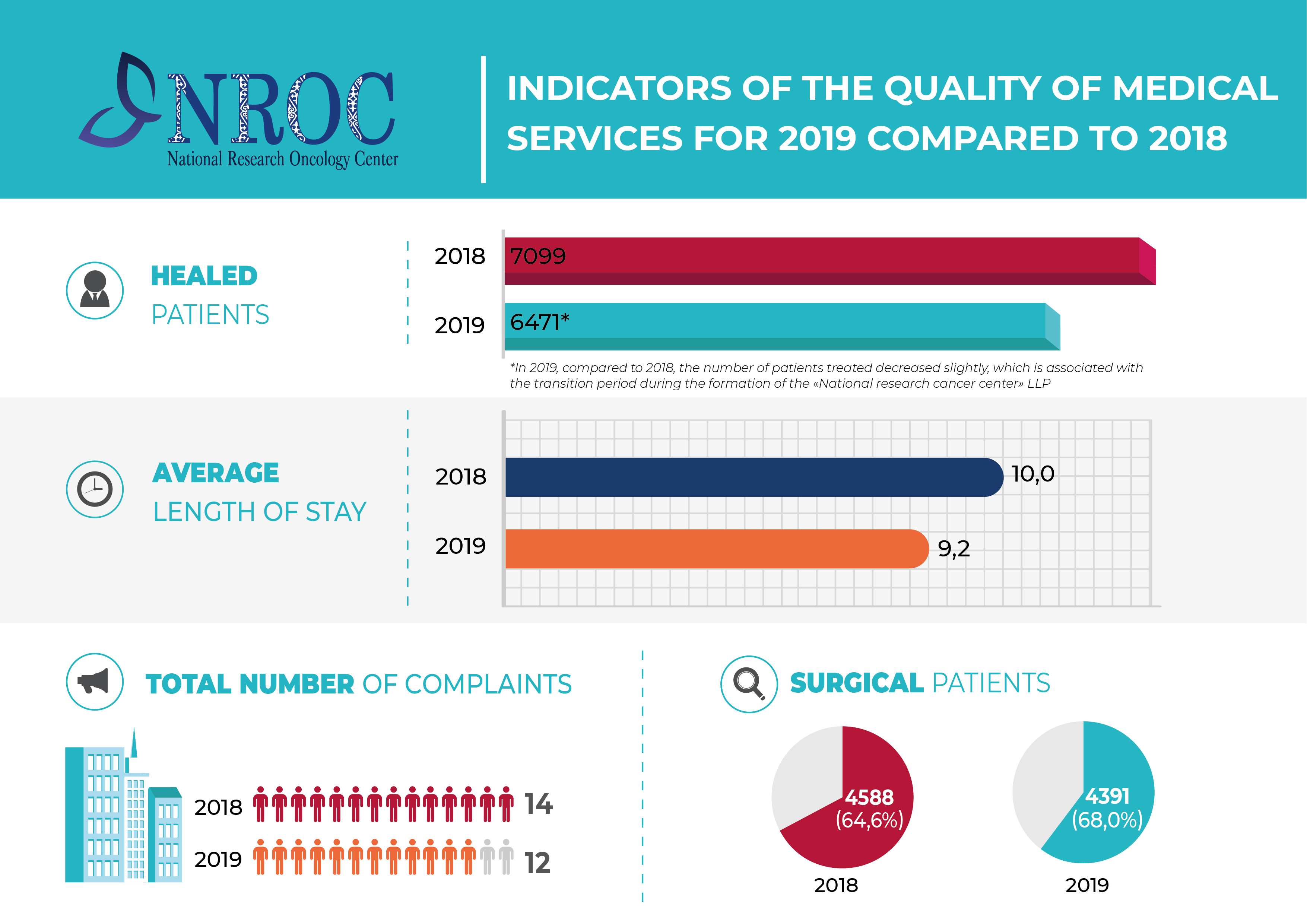
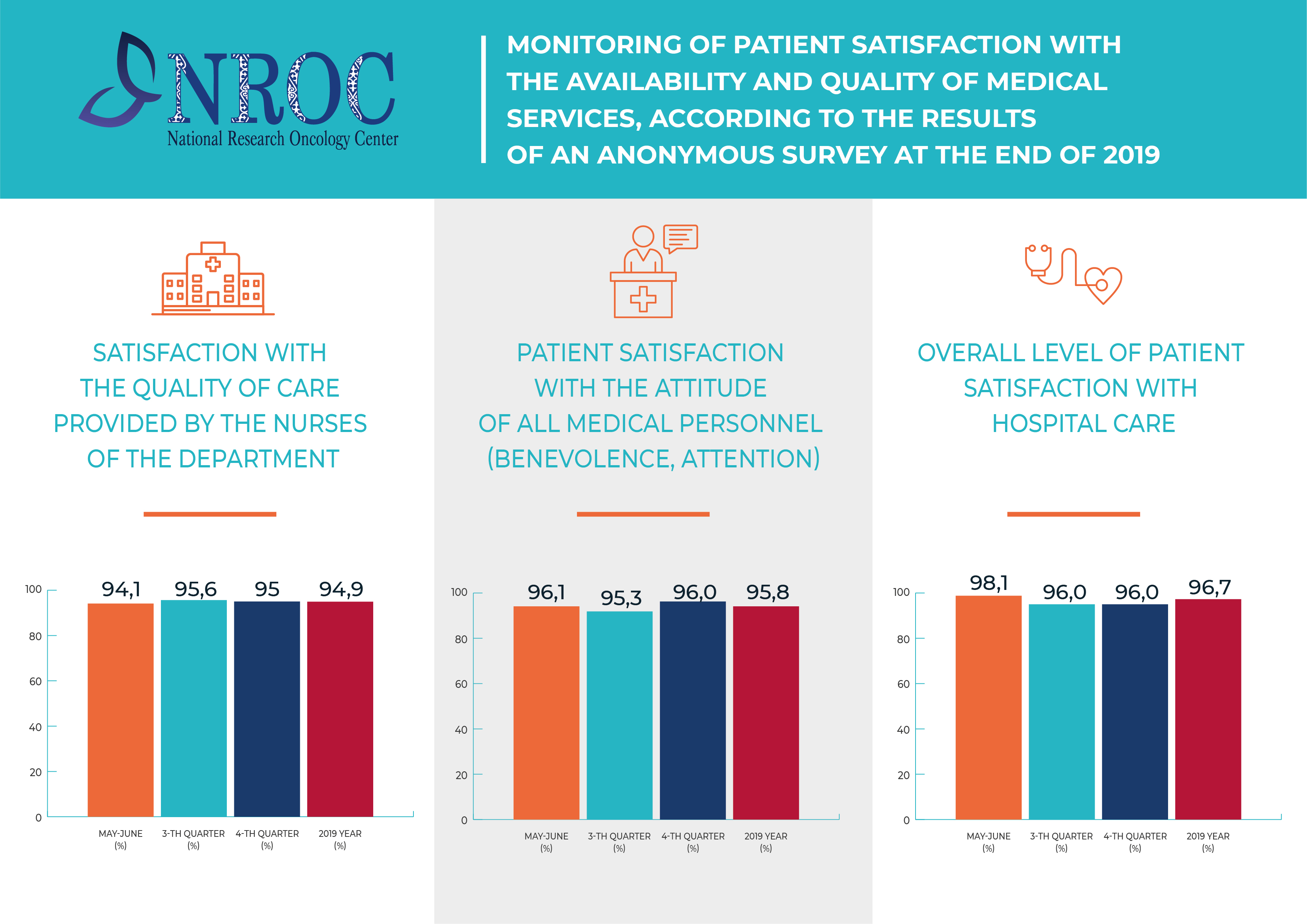
Zhandos Burkitbaev
Last position: Vice Minister of Health of the Republic of Kazakhstan.
Burkitbaev Zhandos Konysovich - candidate of medical sciences, doctoral student of the National Medical and Surgical Center named after N.I. Pirogov.
Graduated from the Almaty State Medical University. Asfendiyarov with a degree in General Medicine; Eurasian National University. LN Gumilyov with a degree in State and Local Administration; South Kazakhstan Medical Academy with a degree in Pharmacy and the University of Turan-Astana with a degree in Jurisprudence.
Zhandos Konysovich began his career in 1996 as a doctor at the city clinical hospital of emergency medical care, Almaty. Then he worked as a doctor at the Republican Center for Disaster Medicine in Almaty. 1999 - 2004 worked in various structural departments of the Ministry of Health of the Republic of Kazakhstan, successively occupying positions from chief specialist to head of department. In 2007-2008 worked as deputy head of the department for ensuring the activities of the Committee for Social and Cultural Development of the Mazhilis of the Parliament of the Republic of Kazakhstan. In 2008, was appointed director of the SMMO at the REU «Blood Center» in Astana, from 2011 - 2019 Director of the RSE at the REU «Scientific and production center for transfusiology», from 2019-2021 Chairman of the Board of the «National Scientific Oncological Center» LLP of the Ministry of Health of the Republic of Kazakhstan.
Author of 177 scientific publications in domestic and international publications, 31 scientific works in the publications of the Higher Attestation Commission of the Russian Federation, teaching aids.
Awards:
2001 - Letter of thanks from the Prime Minister of the Republic of Kazakhstan Kassym-Zhomart Kemelevich Tokayev;
2003 - awarded the badge "Excellence in Healthcare of the Republic of Kazakhstan";
2012 - awarded with the badge "For contribution to health care";
2014 - by the decision of the Head of State was awarded the Shapagat medal for active and fruitful charitable work and mercy;
2016 - by the decision of the Head of State, he was awarded the jubilee medal "25 years of Independence of the Republic of Kazakhstan".
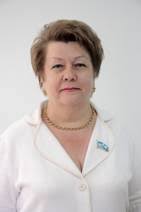
Petukhova Nadezhda Mikhailovna
Last position: Vice President of the Eurasian Medical Association.
Education, specialty (qualification), licenses:
Seniority:
Other positions:
Elected positions, deputies:
State and international awards, prizes, honorary titles:
Medals:
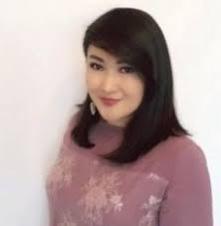
Zhaizhumanova Asemgul Abaevna
Chief expert of the Department for work with non-state legal entities with state participation of the KGIP of the Ministry of Health of the Republic of Kazakhstan.
Education:
Seniority:
Awards:
Medal "25 years of Independence of the Republic of Kazakhstan" (No. 04947 dated November 29, 2016).
Secretary of the Supervisory Board - Bakytzhan Nurkeldievna Kusainova